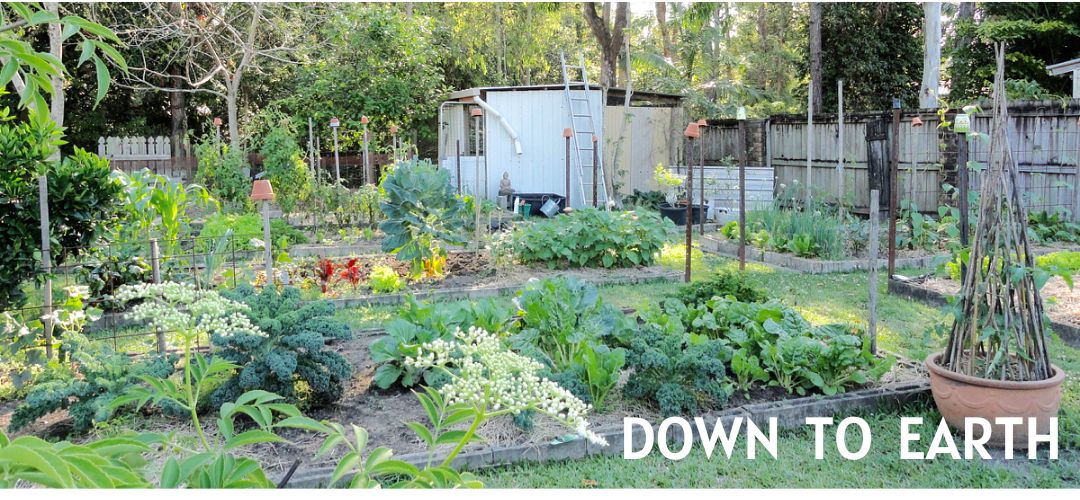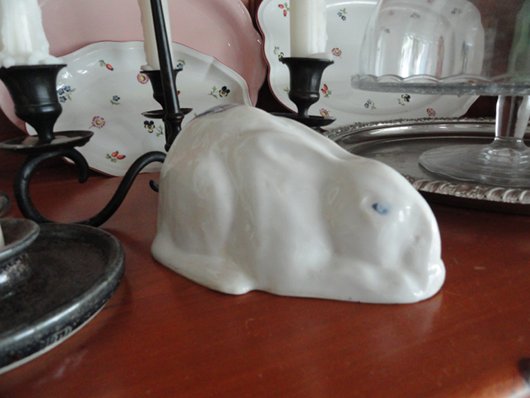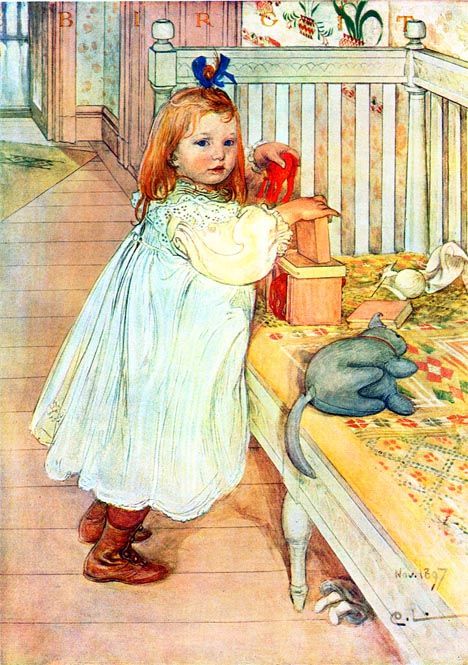Our electricity bill came last week. It's something that many of us fear now because, in Australia, and possibly in many other parts of the world, electricity prices are skyrocketing. It was good news for us though, we're in credit and have been since our solar panels were installed 18 months ago. But I know how tough it can be when you're faced with a bill that you know you'll struggle to pay. I thought it would be worthwhile to consolidate our ideas on reducing electricity consumption. One thing is for sure, the rate we pay for the electricity we use is not going down any time soon. Let's be proactive and work to reduce the amount of energy we use in our homes. This is really small steps stuff - there are no big savers, unless you install solar panels or go off the grid. You will save electricity by doing a lot of small saving steps. I'm not going to recommend a whole list of things that might work. What I'm suggesting is what we do here and what I know works.
The power bill we received last week showed a very interesting statistic. See below, our average daily usage in this billing period is 6.1 kWh (kilowatt hours). That is less than half the average for a two person household and 4 kWh less than a one person household. That is nothing to do with solar panels - it is simply us not using the amount of electricity that most people use.

Let me qualify this a bit so you get a full and clear picture. We get the government pension rebate of $50 per bill. We have solar hot water and solar panels. We've had solar hot water for about 30 years but it was only when we had our panels installed 18 months ago that we ever had a credit on our bill. We have the smallest solar panel unit you can buy. It's 1.6 kVa (Kilo Volt Amperes). We saved up to have that unit installed, we got a rebate from the government that helped with the purchase and got in on the deal to sell our excess electricity to the grid at 44 cents, we buy it at 19 cents. With that smallest unit and the small steps we take every day, we have not paid for electricity for 18 months, even though the rates have risen so much.
But let me say again, all that has nothing to do with the amount of electricity we use. We use less than most people, not because of the solar panels, but because of the four steps we take.
I'm not going to say you'll be in the same position we're in. We don't have to monitor any one else's usage, our kids have left home and it's just us two. I know how difficult it is with others in the home, especially when they're teenagers. Just a little tip if you do have teens or young adults still living at home. Our sons only became more frugal with the electricity usage and more mindful of turning things off, when we made them pay the electricity bill. It wasn't much back then, and they were working, but that sharpened them up quick smart. We tried to reason with them about energy conservation until the cows came home but nothing worked like paying the bill themselves. We do have a lot of visitors now, we have four extra people staying with us at the moment. We often have our kids and their families, or my sister here. So these figures are not really just for Hanno and I. It's us, plus.

This is important: Find out about your peak and off-peak times for electricity usage. You need to understand this because it could be your biggest saver. Either go to your electricity supplier's website or phone them. Most of the time you use electricity will be during peak times. You need to know when peak time starts and stops, when off-peak starts and stops, and how much you pay for your electricity during those two times. Off-peak will be cheaper but it will also be at night when most people aren't using electricity - that is why it's cheaper.
So what do we do? There are our four main things.
Use electricity when it's cheaper to buy
If you use appliances with high energy needs - washing machine, dishwasher, dryer, vacuum etc, do that work at night during your off-peak time, or if you have solar panels, when it's dark. Often it's just a matter of turning on the machine, letting it do its thing, and finishing off in the morning. It takes a bit of reorganisation, but it's worth it. Using high energy appliances during your off-peak time works if you're using grid electricity because you'll pay less for the electricity you use then. If you've got solar panels and you sell your excess to the grid use your high energy consumption appliances when it's dark and your panels aren't generating any power. When we have to buy energy, we pay 19 cents for it, we sell it for 44 cents. It's better for us to sell the power we generate during the day for 44 cents and to use it at night when we pay 19 cents for it. If you sell your excess to the grid and have a similar deal, that will work for you too.
Compact fluros
We are not wealthy people but slowly over the years, we replaced every ordinary light bulb with energy-saving compact fluros. We buy them when we see them on sale and have a small stash for replacements.
Energy efficient appliances
We do our research when we have to replace appliances and white goods and we always buy the energy efficient model of whatever we need. Even if it's more expensive, it's worth it. You'll probably pay for the difference in price in two or three energy bills.
Turn off at the wall
Turn off lights and appliances when you're not using them. Having appliances on stand by, even when they're turned off, still uses electricity. Turn off at the wall.
And that's it. Four tried and tested steps that work for us. What are you doing to save on your power bills?
ADDITIONAL READING


















































